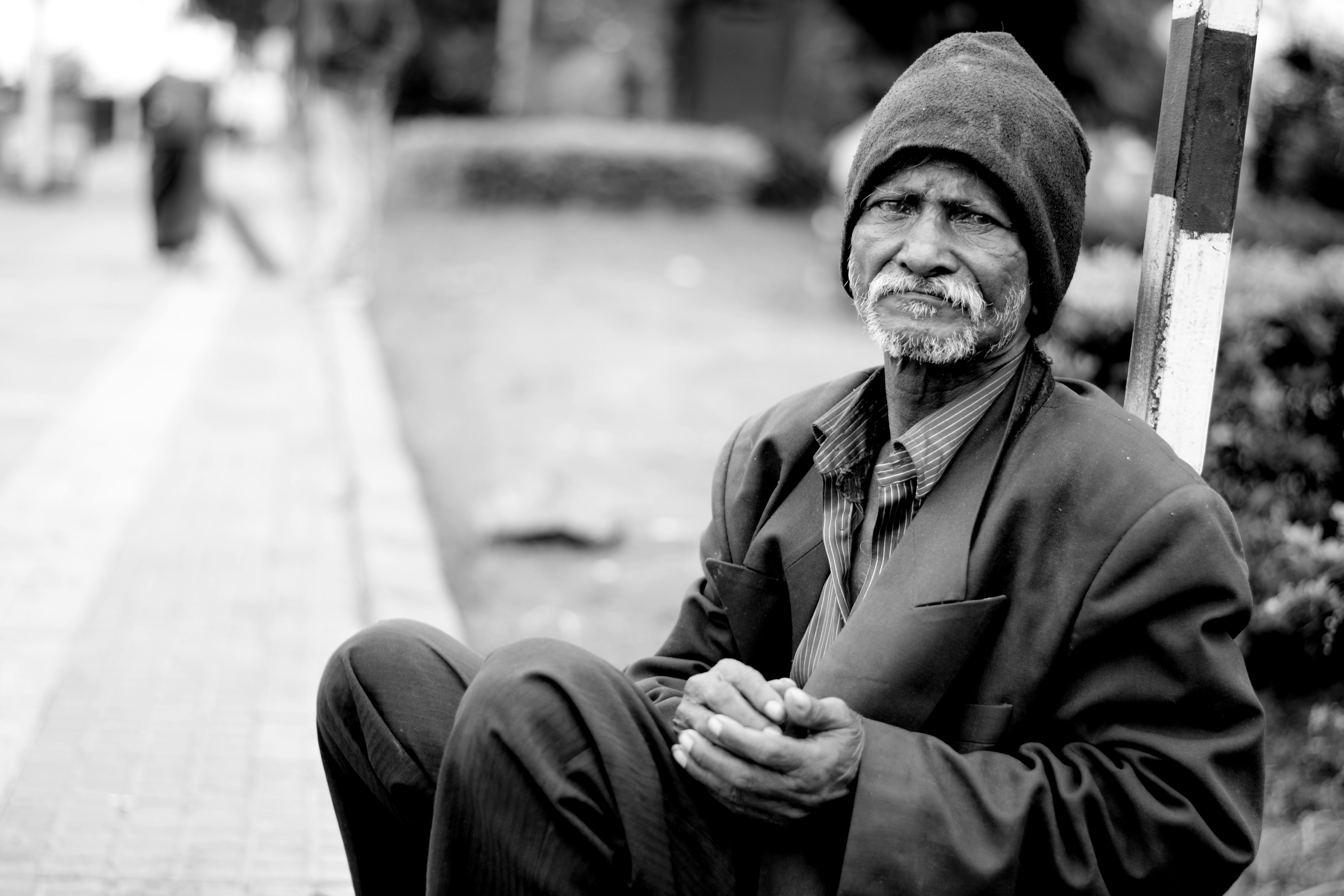Partnerships between social workers and existing military programs are key to stemming the tide of homelessness among veterans.
The United States is in the midst of the longest period of combat in its history. Consequently, the country is faced with a growing veteran population facing significant challenges upon transition out of the military. Chief among those challenges is the high cost of living in many U.S. cities.
The Center for Innovation & Research on Veterans & Military Families (CIR) at the USC Suzanne Dworak-Peck School of Social Work recently published the results of a study that examined these challenges in one of America’s most expensive cities — San Francisco.
The study revealed that only 35 percent of post-9/11 veterans had civilian housing lined up at the time of their transition out of the military. Forty percent of recent veterans reported being homeless during the past year, while nearly half earn less than $36,000 per year. This is particularly troubling given that the median cost of a one-bedroom apartment in San Francisco stands at $3,460 per month (or $41,520 per year).
In light of these challenges, the study made the following recommendations for social workers looking to improve the conditions facing San Francisco’s transitioning veteran population:
Recommendation #1: Provide housing support prior to a housing crisis.
The goal of this recommendation is for social workers to assist veterans with realistic housing opportunities before they are evicted or receive notices of eviction. The strategy also calls for counselors to help veterans budget for expenses aside from housing, such as food and health costs. Finally, the study recommends that the U.S. expand the G.I. Bill to provide housing allowances to transitioning service members for 12 to 24 months following discharge, which would allow for additional time for housing-related counseling.
Recommendation #2: Expand the definition of veteran homelessness.
The current federal definition of homelessness is centered on the lack of a “fixed, regular, nighttime residence” for an individual or family. In light of San Francisco’s high cost of living and relatively low income opportunities for veterans, the study recommends expanding the definition of homelessness to include veterans who are experiencing housing distress. This could include an inability to afford adequate housing or an impending eviction. It would also allow social workers to seek assistance for veterans above and beyond what is currently provided by HUD.
Recommendation #3: Use existing military programs to help avoid homelessness.
This recommendation calls for social workers to interact with existing military programs focused on military transitions. Specifically, local counselors are called upon to counsel departing service members on the reality of local housing costs and the sustainability of each member’s specific plans for housing and employment after discharge.
Recommendation #4: Connect transitioning service members to local resources.
Social workers can act as a stable bridge between military and civilian life. With respect to housing, they can make relevant introductions and provide referrals to community housing resources and assistance organizations.
Recommendation #5: Set realistic expectations.
During active duty, service members might fantasize about civilian life in major cities like San Francisco and Los Angeles. Some veterans, however, entered the military directly after high school and have never had to budget for major life expenses like housing and insurance. The study recommends pre-discharge counseling to help transitioning members form realistic expectations about their budgeting and housing options.
Recommendation #6: Offer both public and private partnerships to address homelessness.
The study recognizes a disconnect between existing veterans’ assistance programs and private, local social work organizations, suggesting that public and private entities work together during pre-discharge counseling as well as post-military housing crises. By working with the military and existing local programs and setting realistic expectations among returning veterans, social workers can play a significant role in ameliorating the homelessness crisis facing American veterans.









